Designed for Successful Knee Joint Resurfacing
The knee’s femoral condylar surface anatomy affects joint stability, range of motion, and overall function. The Freedom Renew Knee System from Maxx Orthopedics reliably restores it in partial knee arthroplasty patients, avoiding the finality of total knee arthroplasty (TKA) and enabling their rapid return to the mobile, active life they enjoy.
- Cobalt chrome keel with a single femoral post improves the orthopedic implant’s strength, stability, and resistance to rotation through a mechanical lock.
- Thin and strong femoral component is available in three sizes, so you can restore the knees of more unicondylar arthroplasty patients.
- All-poly inlay tibial component captured with an optimized peripheral and underside cement technique for better fixation and increased durability.
- Peripheral rim minimizes cement extrusion, reducing the risk of later complications and improving the longevity of the unicompartmental knee replacement surgery.
- Tibial component is minimally constraining and designed to optimize weight distribution, and is available in nine sizes to enhance your latitude in preoperative planning.
How Knee Joint Resurfacing Can Benefit Patients
When appropriately diagnosed, resurfacing unicondylar knee arthroplasty (rUKA):
- Requires removal of only 4 mm of bone.
- Uses a liner inlaid into good bone.
- Easily converts into TKA if later necessary because little bone is missing.
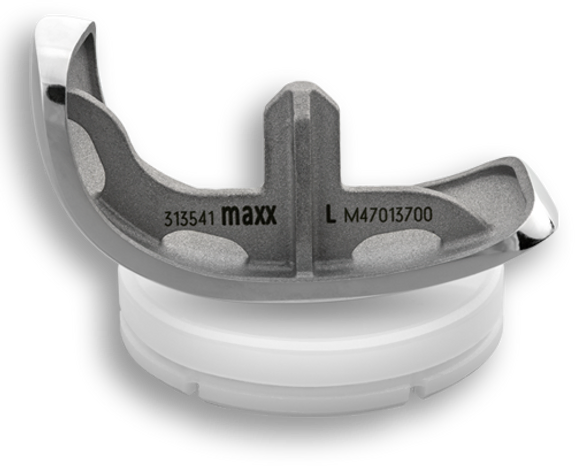 Positive Partial Knee Arthroplasty for Patients and Surgeons
Positive Partial Knee Arthroplasty for Patients and Surgeons
The Freedom Renew Knee System:
- Is placed using a surgical technique that combines cutting guides, high-speed burrs, a reciprocating rasp, and freehand sculpting, and which yields consistently reproducible results.
- Optimizes surgical efficiency, making it highly suitable for outpatient settings with same-day discharge.
- Involves minimal bone resurfacing and avoids opposite tibial-femoral or patellofemoral involvement, quad interruption, patellar eversion/subluxation, and ligament sacrifice.
- Returns patients to their daily activities faster—and usually without formal physical therapy.


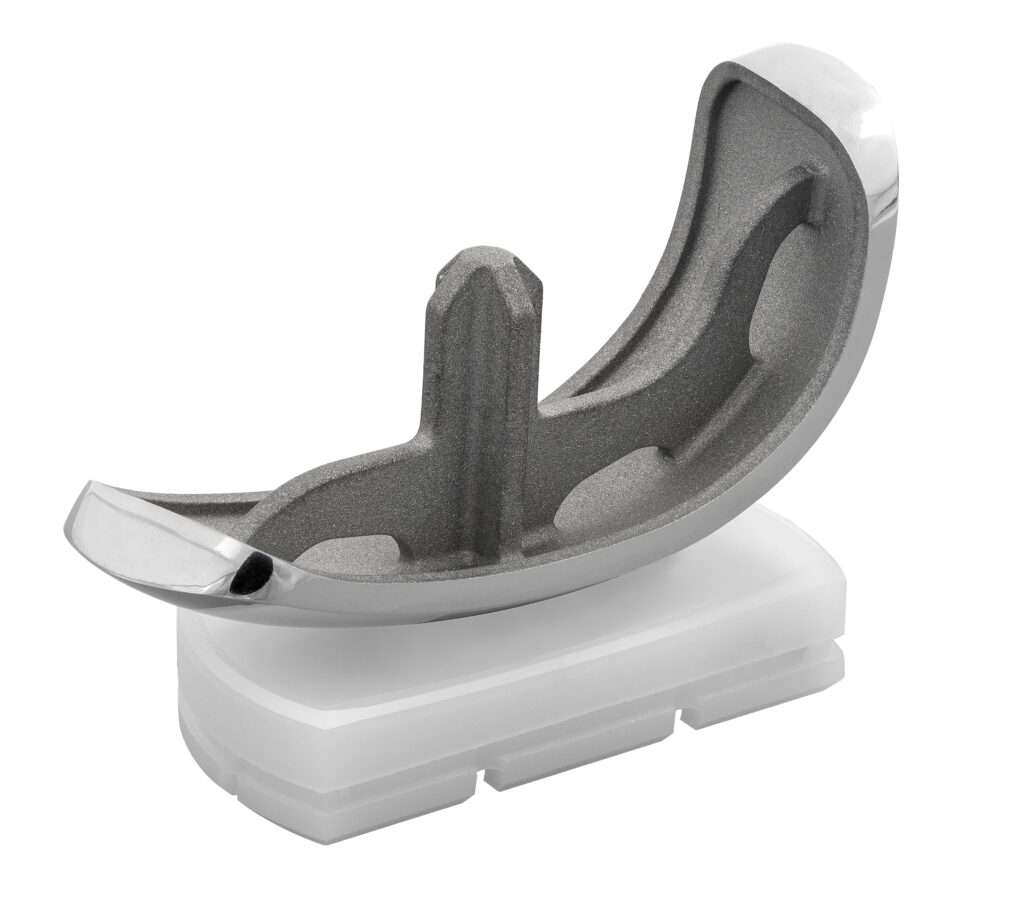
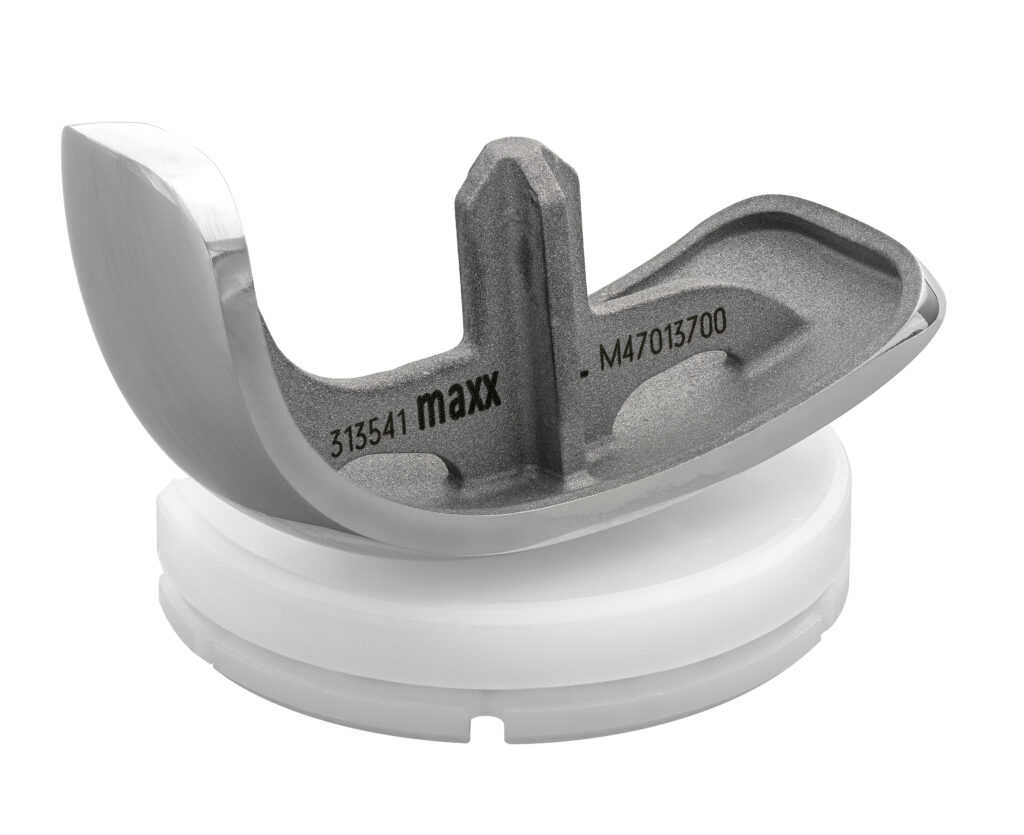
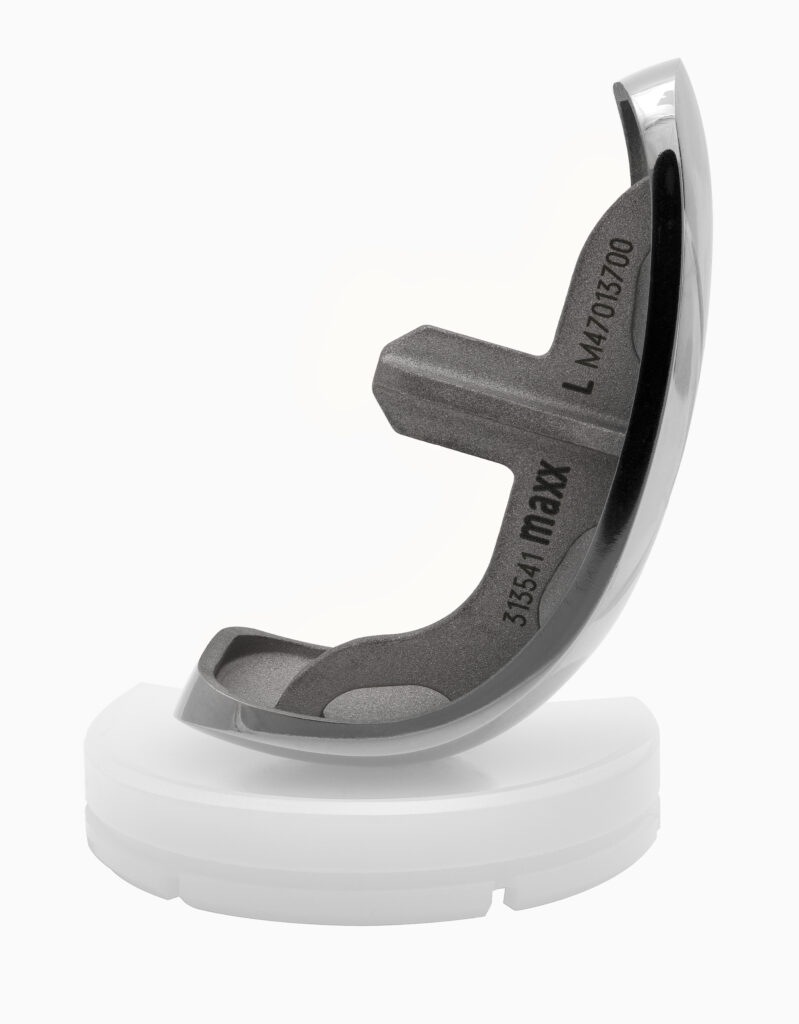
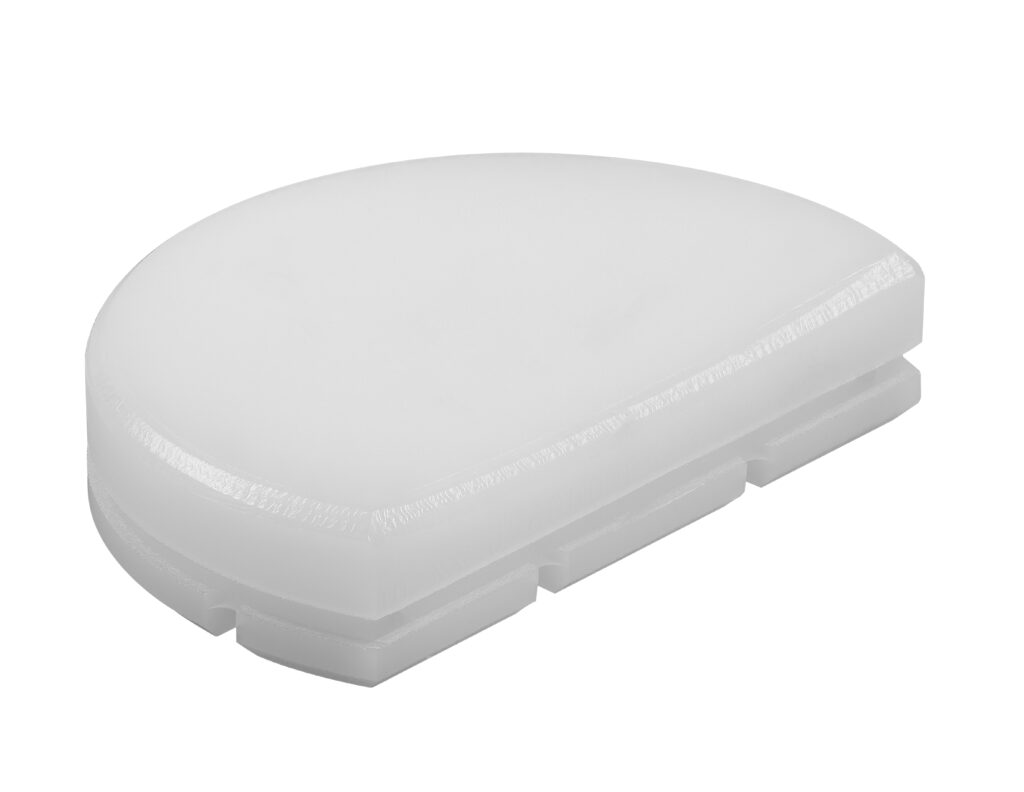
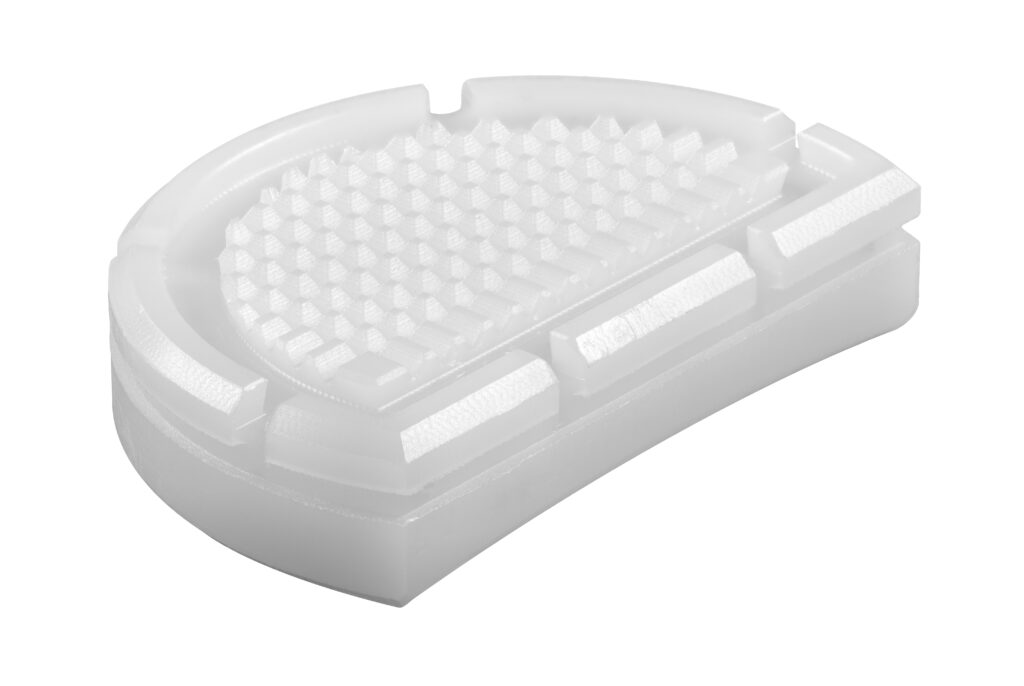
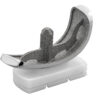
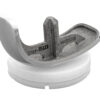
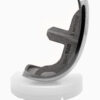
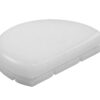
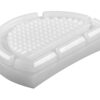
 Positive Partial Knee Arthroplasty for Patients and Surgeons
Positive Partial Knee Arthroplasty for Patients and Surgeons



